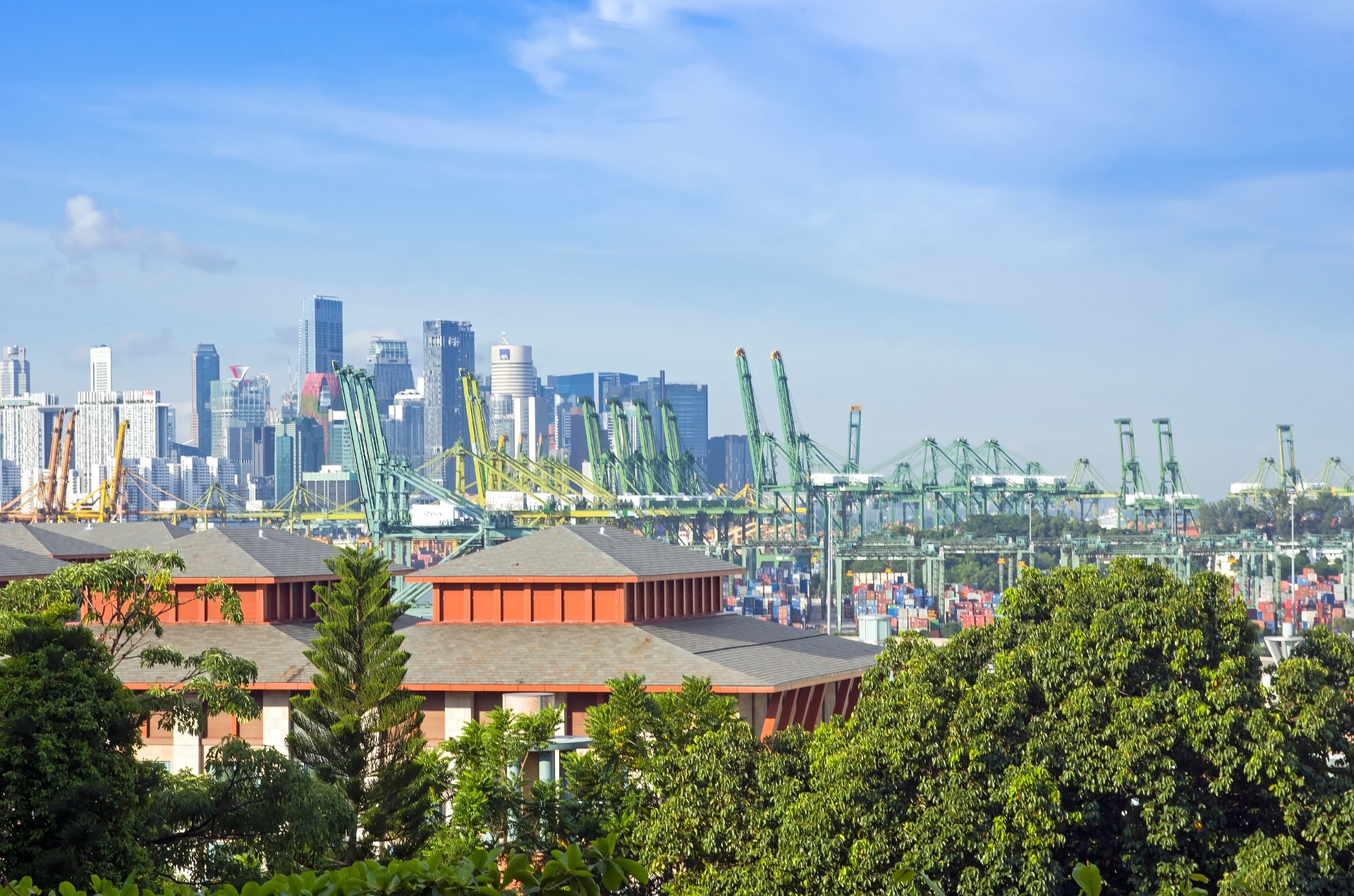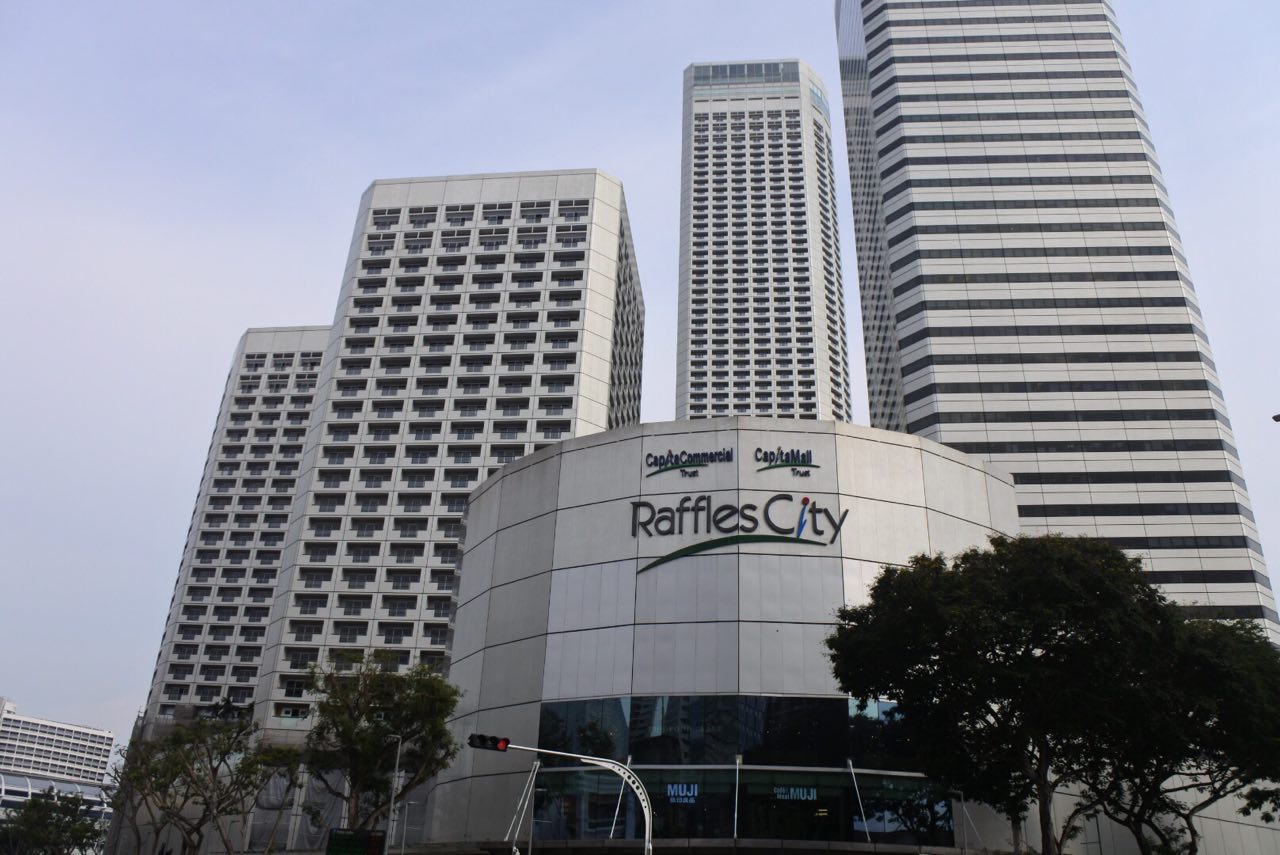
Review for YTD period ending 31 May 2019
by Sabrina Loh, Investment Director, Phillip Capital Management

Overall, the total YTD return for the Phillip Singapore Real Estate Income Fund (“the fund”) was +12.7% (net of fees and withholding tax) as of 31 May 2019. The benchmark, SGX S-REIT Index was up +13.6% over the comparable period. Singapore REIT markets continued to see strength over the period on dovish overtones from major central banks, which boosted sentiment on high-yielding assets in general. Despite volatility seen in the equities market over the same period, Singapore REITs outperformed the local STI index (FSSTI YTD +3.73%).
As of end-May, weighted average dividend yield of the Fund was 5.2%.
REITs listed in Singapore have continued to see resilience in the months of April and May. There are two trends worth noting for REITs listed in Singapore. First, there is an industry consolidation, where smaller REITs have been merging to achieve scale. For example, recent deals include ESR REIT merging with Viva Industrial Trust, and the proposed merger of OUE Commercial REIT with OUE Hospitality Trust. There are also talks surrounding the potential merger of Ascendas Hospitality Trust and Ascott Residence Trust after Capitaland and Ascendas-Singbridge combined into one entity. The second trend is the internationalisation of REITs listed in Singapore in two ways: (1) existing REITs that invested primarily in Singapore have expanded their portfolio geographical focus to include newer regions, such as Australia, Europe, Japan and even Korea; (2) newer REIT offerings are coming onto the market that focus on investment destinations outside of Singapore. For example, after the introduction of Manulife US REIT in 2016, Keppel-KBS US REIT came in 2018, and in mid-2019, we saw the entrance of 3 new US-focused REITs (2 in US hotels, 1 in US office). We believe that while this is certainly good news for the exchange and the growth of REITs listed in Singapore in general, we are inclined to be more cautious. However said, Ascendas REIT buying into Australia in 2015 has been an exemplary example of accretive and well-timed overseas diversification. Therefore, such a strategy can be advantageous for unitholders, if the management executes well.
Overall, though valuations are no longer as compelling as before the rise in REIT prices, recent drop in risk-free yields provides further favourable impetus. For example, 10-year Singapore government bond yields have dropped to below 2.06% from their peak of above 2.6% in October 2018, and this means REITs listed in Singapore trading at 5% yield overall still retain a yield spread of over 2.5% over the risk-free 10-year government bonds.
Given major REITs listed in Singapore, a regional financial centre and a gateway city, REITs market in Singapore have been performing well. REITs markets are well regarded as value creators, and this has helped to bolster appetite for such REITs through-cycle.
However, we also see an emerging tail risk in an escalating US-China trade and technology war. As a high export and foreign-direct investment (FDI) dependent economy, we believe that Singapore would be vulnerable to slowdowns to these critical indicators and Singapore’s REITs market would not be immune since the direct fallout is likely to be a deterioration in real estate fundamentals.
By sector, our order of preference is as follows: hospitality/hotel, retail, office and industrial.
Hospitality
In Singapore, we particularly favour hospitality sector.
The sector’s above-average distribution per unit (DPU) yields growth will be driven by the extremely tight incoming supply of new hotel rooms (a 3-year compound annual growth rate (CAGR) of 1.5%) for several years and a gradual multi-year hotel revenue per available room (RevPAR) recovery (potentially in the high single-digit year-over-year (YoY) growth) that has been delayed to 2H19 will be driven by rising tourist arrivals.


Retail
We prefer retail-property S-REITs for their inherent defensiveness in a recession and potential to surprise on the upside on rental reversions. Moreover, with likely limited supply of new retail space island-wide from 2H19, we expect modest rental growth after the new supply in 2018-19 has been absorbed by the market.
Industrial
We see little attraction in the industrial-property S-REIT sector as it recovers gradually from an oversupply of new space in recent years. We believe a recovery in tenant demand could be elusive if the US-China trade war escalates and creates investment uncertainty. For industrial-property S-REIT sector 2019 estimates DPU yield of 5.5% is about 0.5 standard deviation (SD) below its long-term (since mid-2004) average of 6.1%, while the current sector yield spread of 3.3% is 30 bps below the long-term sector yield spread of 3.6%. DPU yields were lower in the pre-Global Financial Crisis (GFC) period, but economic growth and DPU growth back then were much stronger than now (and a prolonged US-China trade war is likely to lower DPU forecasts further).


Office
We are negative on the office sector and believe the strong rental recovery in 2018 and YTD has been captured fully in the unit prices. Regardless of the favourable supply demand situation, lingering economic and investment uncertainty in Singapore due to the ongoing US-China trade war could cool off office-space demand.
—
Important Information
This material and information herein is provided by Phillip Capital Management (S) Ltd (“PCM”) for general information only and does not constitute a recommendation, an offer to sell, or a solicitation to invest in the fund(s) mentioned herein. It does not have any regard to your specific investment objectives, financial situation and any of your particular needs. The information is subject to change at any time without notice. The value of the units and the income accruing to the units may fall or rise. You should read the relevant prospectus and the accompanying product highlights sheet (“PHS”) for disclosure of key features, key risks and other important information of the relevant fund (s) and obtain advice from a financial adviser (“FA”) before making a commitment to invest in the fund(s). In the event that you choose not to obtain advice from a FA, you should assess whether the fund(s) is/are suitable for you before proceeding to invest. A copy of the prospectus and PHS are available from PCM or any of its authorized distributors. Investments are subject to investment risks including the possible loss of the principal amount invested. Past performance is not necessarily indicative of the future or likely performance of the fund(s). There can be no assurance that investment objectives will be achieved. Any use of financial derivative instruments will be for hedging and/or for efficient portfolio management. Investments in the fund(s) managed by PCM are not obligations of, deposits in, or guaranteed by PCM or any of its affiliates. PhillipCapital Group of Companies, including PCM, their affiliates and/or their officers, directors and/or employees may own or have positions in the investments mentioned herein or related thereto. This publication and Information herein are not for any person in any jurisdiction or country where such distribution or availability for use would contravene any applicable law or regulation or would subject PCM to any registration or licensing requirement in such jurisdiction or country. The fund(s) is/are not offered to U.S. Persons. The regular dividend distributions, where applicable, are paid either out of income and/or capital, not guaranteed and are subject to PCM’s discretion. Such dividend distributions will reduce the available capital for reinvestment and may result in an immediate decrease in the net asset value of the fund(s). Past payout yields (rates) and payments do not represent future payout yields (rates) and payments. Please refer to for more information in relation to the dividend distributions. The information provided herein is based on certain information, conditions and/or assumptions available as at the date of this publication that may be obtained, provided or compiled from public and/or third party sources which PCM has no reason to believe are unreliable; and may contain optimistic statements/opinions/views regarding future events or future financial performance of countries, markets or companies. Any opinion or view herein is an expression of belief of the individual author or the indicated source (as applicable) only. PCM makes no representation or warranty that such information is accurate, complete, verified or should be relied upon as such. You must make your own financial assessment of the relevance, accuracy and adequacy of the information in this material. Accordingly, no warranty whatsoever is given and no liability whatsoever is accepted for any loss or consequences arising whether directly or indirectly as a result of your acting based on the Information in this material. The information does not constitute, and should not be used as a substitute for, tax, legal or investment advice. The information should not be relied upon exclusively or as authoritative without further being subject to your own independent verification and exercise of judgement. This material has not been reviewed by The Monetary Authority of Singapore.